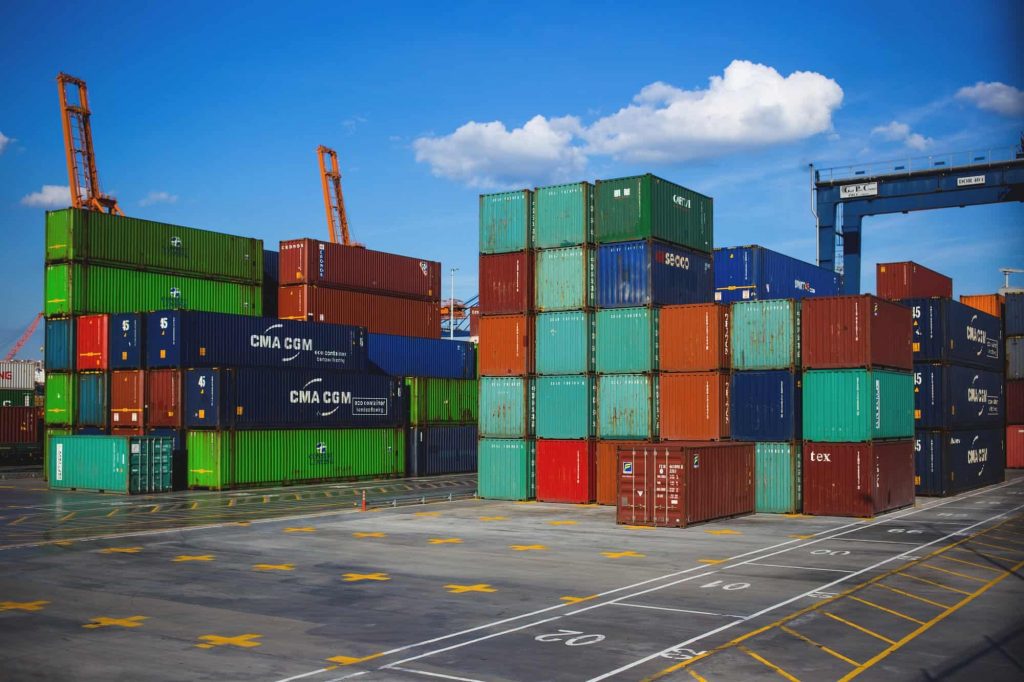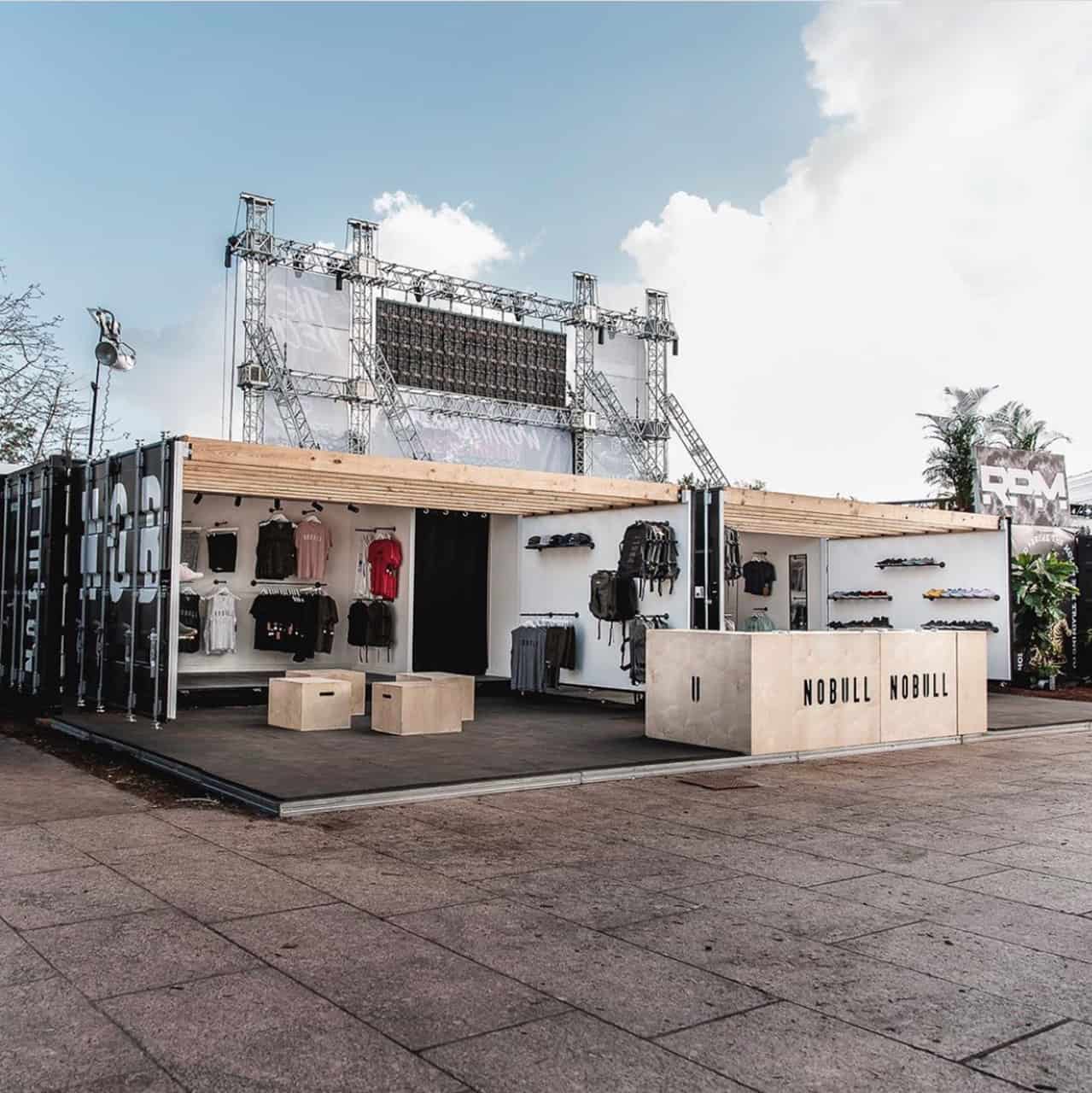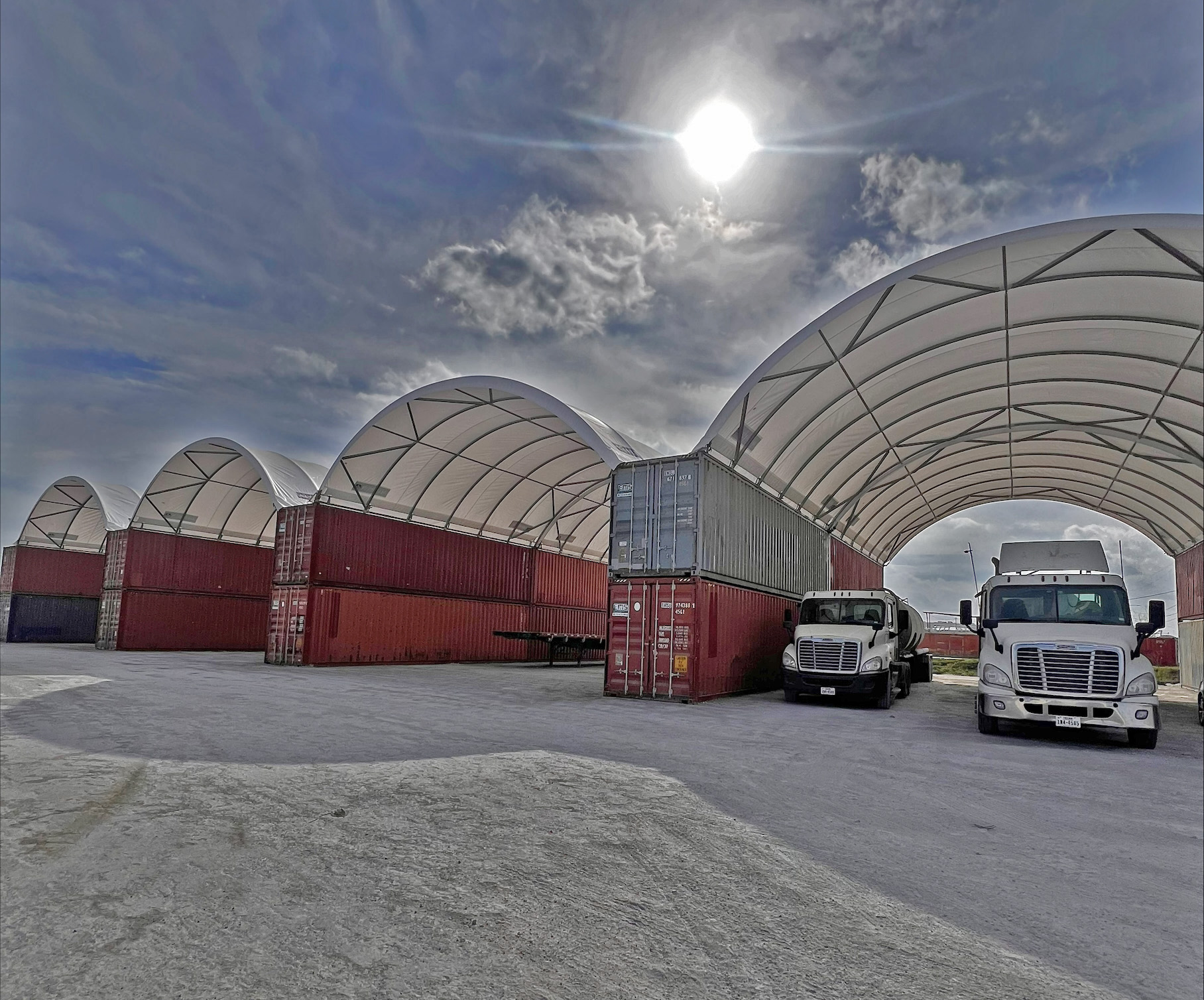Each year, about 25 million containers arrive in the U.S. by sea, truck, and rail, according to the U.S. Customs and Border Protection.
Unfortunately, many of these containers are often used just once to transport goods cross-border. This usually leaves the country with tons of accumulated empty containers at ports and commercial lots. These containers take up a whole lot of space, but also pose a major environmental hazard, as they can release hazardous materials into the environment.
So, what can Americans do with the empty, used containers?
Used shipping containers can be put into several different uses. For instance, they can be converted into storage units, re-purposed for residential use or turned into office space. But not all shipping containers are created equal, so choosing the best container can be rather confusing.
Check out this guide to buying used shipping containers for sale in Houston.
1. Determine the Proper Size Container
Shipping containers come in different sizes to meet the requirements of different shipping applications. Generally, however, you’ll need to choose between standard and high cube containers.The best way to establish the correct size container is to figure out how much space you’ll need for your application. An ideal container should have extra room to accommodate your future needs.
Once you have the right size, head over to the seller’s website and check if they have a container that matches the size you need.
2. Establish How Long You Need to Use the Container
How long do you need to use your container? If you’re looking to convert a used shipping container into a house or office space, then pass on this question. This is because you’re probably looking to use your container over the long-term.
But if you’re looking to use the container as a temporary storage unit, say for less than a year, then you might prefer to rent rather than buy. You can rent the container you need for only a small fraction of the amount you’d have to pay to own the unit. The rental option is best for short-term users of used shipping containers.
3. Inspect Your Container to Check for Quality
Buying a used container doesn’t mean you should settle for less. Insist on seeing what you’re buying before finalizing any purchase. Be sure to thoroughly inspect your container to check for dents, holes, rust, or other visible signs of damage.
If the damage is too significant, it will affect the quality and structural integrity of your container. It is perfectly normal for used containers to have a few scratches and dents here and there, but these shouldn’t be so significant as to compromise the structural soundness of the containers.
4. Choose the Locking Mechanism You Need to Ensure Security
You need to ensure that whatever you’ll store inside your container will be protected against theft or loss. This, of course, will depend on the type of lock your container will come with.
There are many different ways to lock used shipping containers. These include heavy duty padlocks, crossbar locks, inner bolts, enclosed lock boxes, and many more. You need to evaluate each option carefully before making a final decision on which type of locking mechanism is best for your container.
For applications where extra security is needed, it is best to consider investing in security solutions like CCTV security systems and security alarm systems. The extra cost might be worth the investment.
5. Determine What Special Features You Need
The features you need will depend on the intended use of the container, and are vital for ensuring you enjoy maximum use of the container you buy. Some of these features include the shelving, door type, HVAC system, and many more.
These features may not come as standard, but when you narrow down your options to specific features, you’ll increase your chances of finding a container that matches your exact needs. If you can’t find exactly what you’re looking for, you can customize your container.
6. Decide on the Mode of Delivery
Do you want your container delivered or prefer to you’ll pick it up yourself? This is an important consideration to make before making a purchase decision.
Depending on your location, purchasing a container can be as quick and easy as a trip to your local port or a frustrating logistical problem. If your location is close to the port, then you can decide to pick up. However, if not, then it is wise to have the container shipped to you.
Settle on a seller who offers both options. If you settle on the delivery option, then your seller should be in a position to ensure you receive your container on time.
7. Think About Your Container Placement
Generally, you should place your container on a dry, flat surface. This is adequate preparation for a container that you intend to use for less than a year. However, if the container is likely to remain in the same place for years, then additional preparation may be necessary. Fortunately, containers are easy and cheap to set up.
Most sellers can advise you on what’s needed before delivery. Some suppliers even offer to visit the site before delivery. Keep in mind that hilly ground, rocky land or areas that easily get flooded aren’t ideal for container placement.
Do You Need a Permit Before Buying Used Shipping Containers for Sale in Houston?
Well, the answer is: it depends. In some cases, you may need to obtain a permit from your local council before placing a container on your property. This is mostly true in cases where the container will be placed in areas with high traffic.
However, in areas that experience less traffic, a permit may not be required. It is best to check with your local council if you’re unsure about regulations on container use and placement.
Contact us to get the best deal on buying used shipping containers for sale in Houston.










